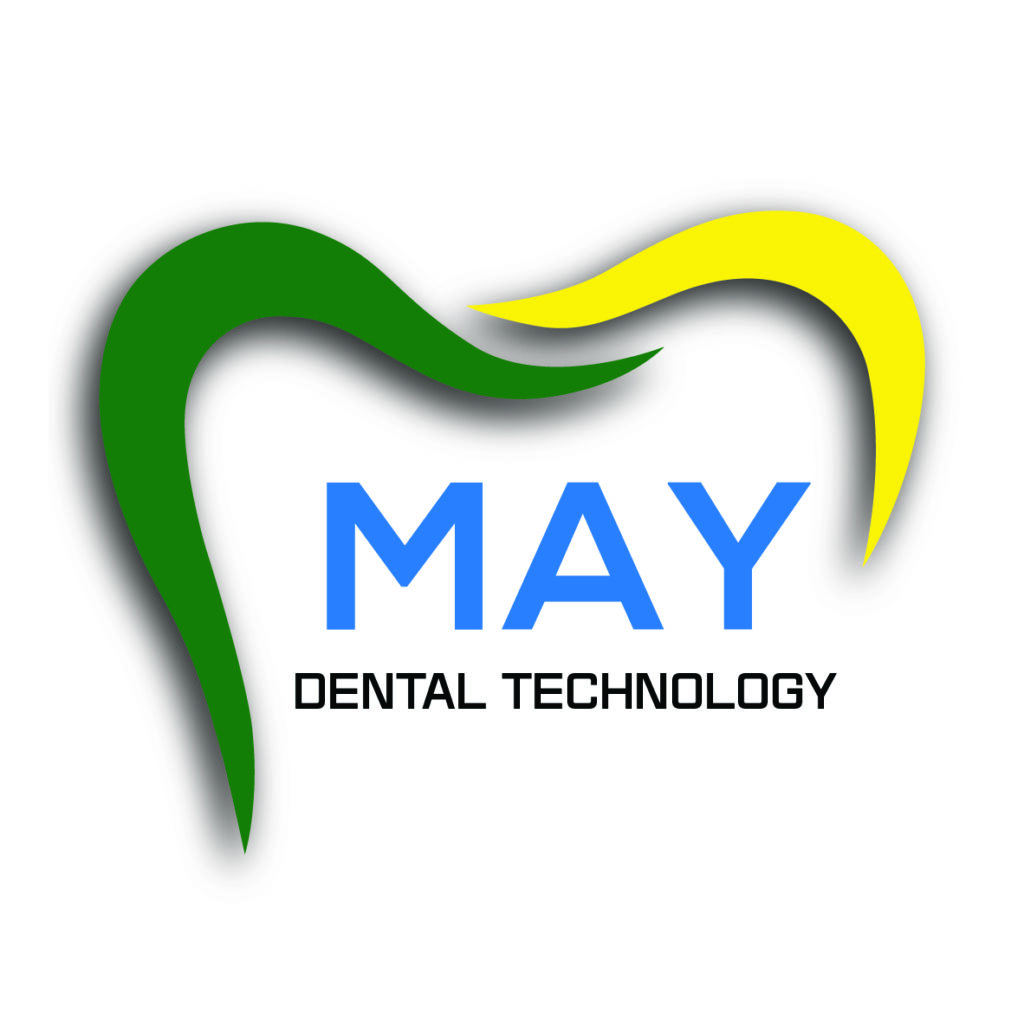HARD / SOFT NIGHT GUARD
The Benefits of Wearing a Night Guard: Why It’s Worth the Investment
If you’re someone who suffers from bruxism (teeth grinding) or jaw clenching, or if you want to protect your dental work, investing in a night guard can be a game-changer. Night guards, also known as occlusal splints or bite guards, offer a range of benefits that can significantly enhance your oral health and overall well-being. Here’s why incorporating a night guard into your nightly routine is a smart move.
1. Protects Your Teeth
One of the primary advantages of wearing a night guard is its ability to protect your teeth from the damaging effects of grinding and clenching. Over time, bruxism can wear down tooth enamel, leading to increased sensitivity, tooth fractures, and costly dental repairs. A night guard acts as a barrier between your upper and lower teeth, preventing direct contact and reducing the risk of damage.
2. Reduces Jaw Pain and Discomfort
Bruxism often causes strain on the jaw muscles, leading to pain and discomfort. Wearing a night guard helps to distribute the pressure evenly across your jaw, reducing muscle strain and alleviating symptoms such as jaw pain, headaches, and tension. This can result in a more comfortable and restful night’s sleep.
3. Prevents Dental Work Damage
For those who have invested in dental restorations such as crowns, bridges, or veneers, a night guard is essential for protecting these investments. Grinding and clenching can cause these restorations to become loose or damaged. A night guard shields your dental work from excessive force, helping to prolong its lifespan and maintain its integrity.
4. Improves Sleep Quality
Teeth grinding and jaw clenching can lead to disrupted sleep patterns, causing you to wake up feeling tired and unrested. By using a night guard, you can minimize the effects of bruxism, which may lead to improved sleep quality and a more refreshing rest. With less grinding and clenching, you’re likely to experience fewer nighttime disturbances.

5. Minimizes the Risk of Temporomandibular Joint Disorder (TMJD)
Bruxism is a contributing factor to temporomandibular joint disorder (TMJD), a condition that affects the jaw joint and muscles. Symptoms of TMJD can include pain, clicking or popping sounds in the jaw, and difficulty opening or closing the mouth. A night guard can help alleviate these symptoms by reducing the strain on the jaw joint and preventing further complications.
6. Customizable and Comfortable
Night guards are available in various types, including custom-made options that are tailored to fit your specific dental structure. Custom night guards provide a precise fit, enhancing comfort and effectiveness. This personalization ensures that the guard stays securely in place throughout the night without causing irritation or discomfort.
7. Cost-Effective Solution
While there is an initial investment involved in purchasing a night guard, the long-term benefits often outweigh the cost. By preventing dental damage, reducing the need for expensive repairs, and minimizing the risk of TMJD, a night guard can save you money in the long run. Additionally, many dental insurance plans may cover the cost of a night guard, making it a more accessible option for many people.
8. Easy to Maintain
Night guards are generally easy to clean and maintain. Regular cleaning with a mild soap and water, along with proper storage, helps to ensure the longevity and hygiene of your night guard. Most night guards come with a storage case, making it simple to keep them clean and protected when not in use.
Conclusion
Wearing a night guard offers numerous advantages for individuals dealing with bruxism, jaw clenching, or those looking to protect their dental investments. From safeguarding your teeth and reducing jaw pain to improving sleep quality and minimizing the risk of TMJD, a night guard can play a vital role in enhancing your oral health and overall comfort. If you think a night guard might benefit you, consult with your dentist to explore the best options and take the first step towards better oral health and a more restful night’s sleep.
